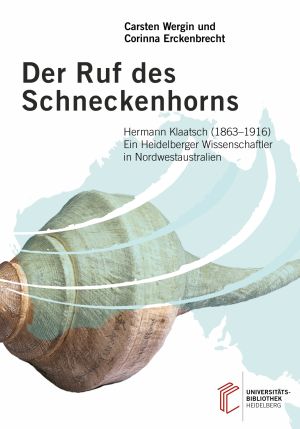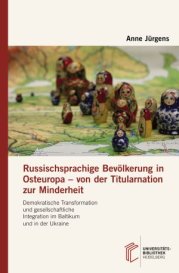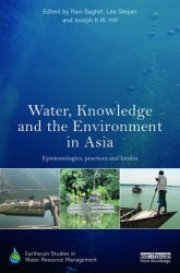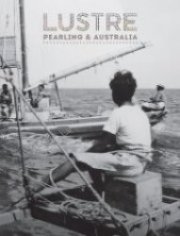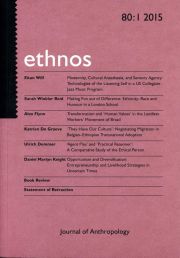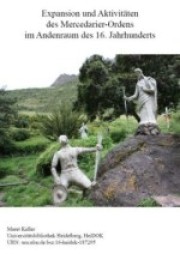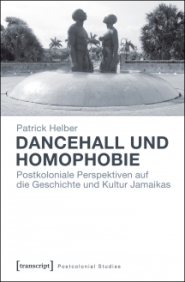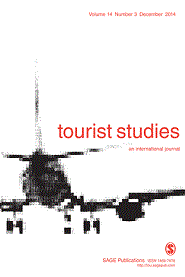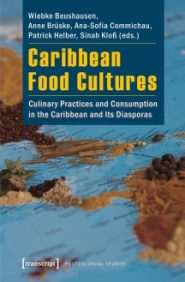Union in Separation
Trading Diasporas in the Eastern Mediterranean (1200-1700)

University of Heidelberg, 17-19 February 2011
International Conference
“Union in Separation” is a three-day international conference hosted by the Transcultural Studies Programme at the University of Heidelberg. The conference focuses on transcultural diasporic communities in the medieval Mediterranean with specific respect to their role in trade between perceived separate cultural areas.
The term “transculturality” tends to be used to designate the hybrid character of modern-day societies and to ultimately argue that separate cultural units (defined as the sum of elements that characterise the aggregate identity of a society) do not exist. However, regardless of whether it is possible to speak of separate ‘cultures’, they certainly persist in peoples’ mind. These mindsets, their making and their impact on societies is what historians should investigate.
The study of Mediterranean diasporas lends itself well to this endeavour, as it allows to understand the construction and deconstruction of cultural differences as well as the potential integration into a host culture. In order to analyse these processes, we suggest exploring commercial exchange and its legal framework as two interrelated phenomena.
Medieval Mediterranean trading diasporas, such as Venetian merchants resident in Mamluk Alexandria, operated both within and outside formal legal structures. However, their status as religious minorities also posed strong challenges to their business. For instance, far-reaching privileges granted by the Sultan to Christian merchants coexisted with, and were frequently challenged by, orthodox Islamic law or local legal practice. Thus, a primary interest of historical transcultural research is to gather evidence on informal mechanisms that facilitated trade-given cultural hurdles. This will shed light on the form and scope of cultural exchange.
The conference will bring together academics from a wide variety of fields, including medieval studies, economic history, legal history, and cultural studies.
Program and abstracts
Public Lectures
Keynote Lecture
Thursday, February 17th, 7pm
Alte Aula, Universität Heidelberg, Grabengasse 1
Listen to audio recording of Prof. Arbel's speech (right click to save mp3-file)
Benjamin Arbel: “Mediterranean Jewish Diasporas and the Bill of Exchange: Coping with a Foreign Financial Instrument (16 th -17th centuries)”
Renowned scholar Benjamin Arbel from Tel Aviv University will analyse Jewish Diaspora groups in the 16th and 17th centuries and how they adopted the theoretically forbidden cambio system despite religious hindrances. His presentation will herald a number of intriguing presentations on diaspora groups in the Eastern Mediterranean from 1200-1700.
Having explored Cyprus during the Venetian period, Arbel extended his research on Venice and its “colonies” in the Eastern Mediterranean and the interaction between the Muslim Levant and the Christian East in general. His research distinguishes itself through its strong focus on transcultural interaction and the combined use of Arabic and European sources.
Arbel’s latest research interests include the relationship between man and animal in history.
Panel discussion
Friday, February 18th, 6pm
Heidelberger Akademie der Wissenschaften, Karlstraße 4
The Uncanny Charm of the Other. Old diasporas – new diasporas: challenges of integration.
In an attempt to connect historical research with up-to-date questions facing contemporary European societies, we suggest exploring integration in the framework of a panel discussion that joins academics and opinion leaders. The debate will be centred around the following questions:
1. What do we mean by integration, what could be a neutral definition of integration in a historical perspective? Can we see “integration” as opposed to “parallelism”?
2. Which incentives drove individuals to interact with their foreign neighbours?
3. Is it generally inappropriate to treat “integration” as depending on an individual’s willpower rather than on their social and cultural backgrounds? What role does the host society play?
The aim is to discuss the mechanisms of integration from a historical point of view and to apply the findings on contemporary societies.
Contact
Universität Heidelberg
Transcultural Studies
Marstallstraße 6
69117 Heidelberg
teresa.sartore@uni-heidelberg.de
angermann@uni-heidelberg.de
stefan.burkhardt@urz.uni-heidelberg.de
morche@uni-heidelberg.de
roberto.zaugg@unibas.ch
georg.christ@uni-heidelberg.de



